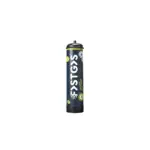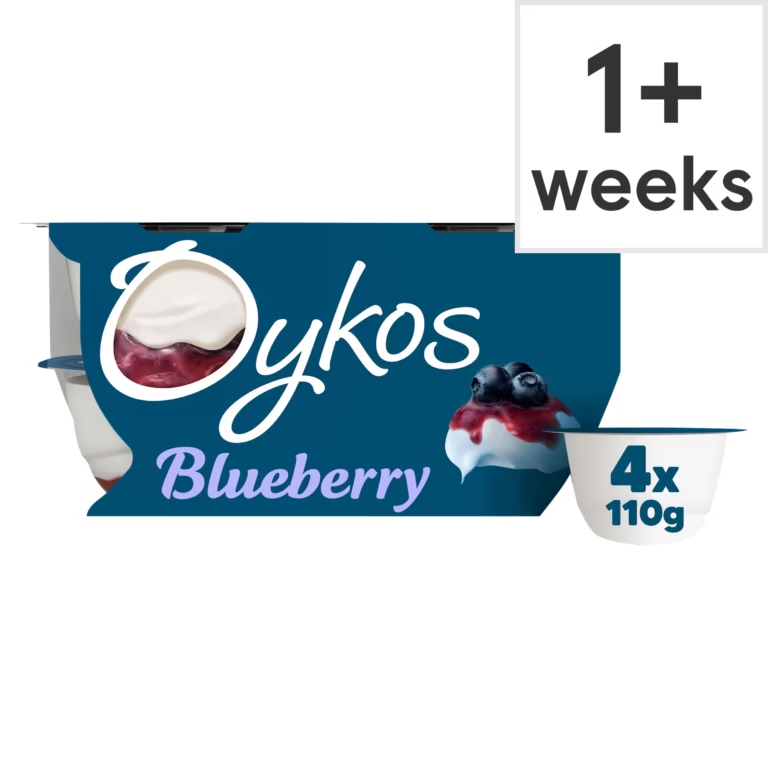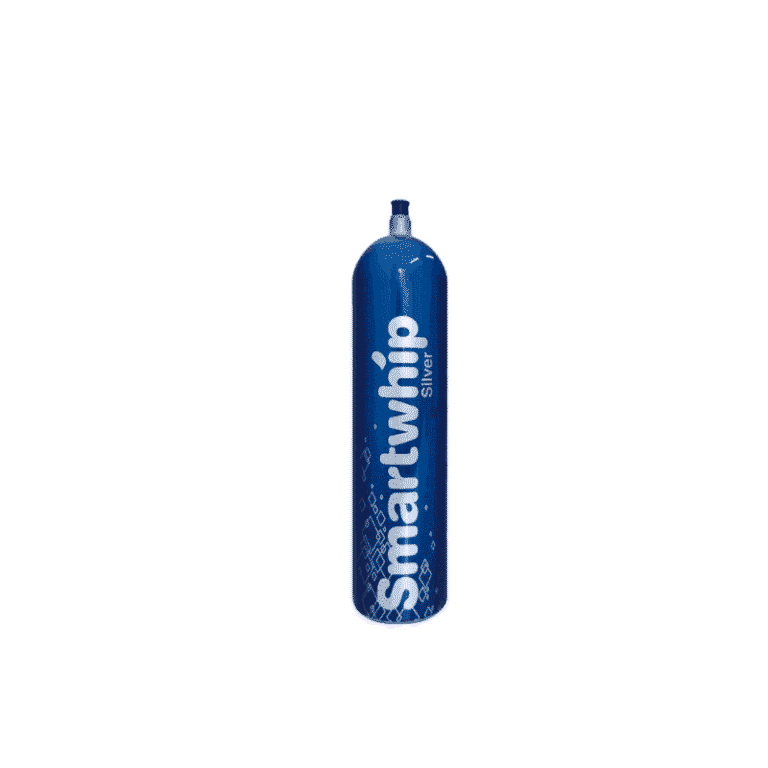There’s absolutely nothing rather like the convenience of a warm cup of coffee– whether it’s your morning ritual or your afternoon pick-me-up. For several, changing to decaffeinated coffee appears like the much healthier, extra peaceful alternative. However, one question remains: Is decaf coffee fattening? If you’re enjoying your weight, attempting to keep a healthy diet, or just interested in just how your fave brew suits your wellness objectives, you’re not the only one.
Allow us to take a fresh take look at what decaf coffee actually is, just how it impacts your body, and whether that smooth, caffeine-free sip can be creeping extra calories right into your day.
Just What Is Decaf Coffee?
Before we study the calories and effects on body weight, let’s begin at the start: what is decaf coffee?
Decaf– or decaffeinated coffee– is made from regular coffee beans that have actually had most of their caffeine gotten rid of. That does not indicate it’s completely caffeine-free, however. A standard cup of decaf coffee still consists of 2 to 5 milligrams of caffeine, contrasted to the 95 milligrams or even more in a standard cup of regular coffee.
Why People Pick Decaf
People decide on Decaf for all types of factors:
- Caffeine sensitivity: Some experience jitteriness, poor sleep, or heart palpitations from small dosages of caffeine.
- Health problems: Those with heart disease, high blood pressure, or acid reflux might be suggested to restrict caffeine intake.
- Evening pleasure: Coffee lovers usually switch to Decaf for a nighttime cup that will not interrupt their sleep cycle.
And for those who like the taste of coffee–without the jolt of energy–Decaf is the ideal alternative.
Just How Decaf Coffee Is Made (And Why It Matters)
There are a number of decaffeination methods, and they impact not just the flavour profile but likewise the health benefits of Decaf:
- Water processing– Utilizes just hot water and charcoal or carbon filters to get rid of caffeine. It’s chemical-free and protects extra beneficial compounds like antioxidants.
- Carbon dioxide method– Frequently made use of for large production. It is extra costly yet keeps much of the initial flavour molecules.
- Ethyl acetate method– Utilizes a natural chemical usually acquired from fruits, though it can occasionally leave an altered flavour in the last brew.
Each method results in various types of coffee, yet none include substantial calorie content– which is essential for those worried about potential weight gain.

Is Decaf Coffee Fattening? Allow’s Simplify
Below’s the extensive inquiry: Can Decaf coffee cause weight gain?
The Brief Solution: No, decaf coffee is not naturally fattening.
A standard cup of black decaf coffee has 2 to 5 calories, with no fat, no sugar, and no carbs. It’s one of the most affordable-calorie beverages you can enjoy, particularly when contrasted to high-calorie beverages like:
- Sugary soft drinks (up to 150+ calories per can)
- Sweetened lattes (200– 500+ calories depending upon the dimension and ingredients)
- Fruit juices (100+ calories per glass)
So, where does the complication come from?
The Real Offender: What You Include in Your Coffee
Numerous people do not drink their coffee black. They include:
- Complete-fat milk
- High-fat creamers
- Sugar or flavoured syrups
These enhancements can rapidly transform your innocent cup of Decaf right into a calorie bomb, particularly if you enjoy a number of cups per day. For example, including 2 tablespoons of flavoured creamer can add 60– 80 calories– increasing that by 2 or 3 cups, and you’re quickly sipping down hundreds of extra calories without recognizing it.
Real-Life Situations: How Decaf Matches Your Diet
Allow us to take a look at a couple of day-to-day instances to demonstrate how decaf coffee can either support– or hinder– your health objectives.
Scenario 1: Anna’s Morning Routine
Anna is attempting to stick to a weight loss program. She swaps her typical vanilla latte (250+ calories) for a black decaf coffee in the morning and includes a splash of unsweetened almond milk (just 10 calories). Over a week, this slight modification aids her in cutting 1,500– 2,000 calories. That’s practically a complete calorie deficit for weight loss without altering anything else!
Scenario 2: Mike’s Afternoon Behavior
Mike is a coffee lover yet sensitive to caffeine. He drinks decaf coffee with food, particularly after lunch. He suches as to mix it with a flavoured creamer and a spoon of sugar, amounting to concerning 120 calories per cup. Gradually, those extra calories– on the top of dishes– begin adding to long-term weight gain, despite the fact that he’s drinking Decaf.
Key Benefits of Decaf Coffee (Past the Calories)
While Decaf will not accelerate your metabolic rate like regular caffeinated coffee, it does come with its very own set of health benefits.
1. Antioxidant Content
Decaf coffee still consists of several of the antioxidants in coffee, such as chlorogenic acid, which aids in fighting oxidative stress and might support cardiovascular health and also minimize waist circumference over time.
2. Better Sleep = Better Weight Monitoring
Poor sleep is connected to weight gain and raised cravings. Decaf permits you to enjoy the taste of coffee in the evening without messing with your sleep cycle, sustaining your weight loss journey.
3. Gentler on the Belly
If you deal with acid reflux, black decaf coffee is usually much less bothersome than its caffeinated equivalent, making it a far better choice for those with sensitive bellies.
Popular Decaf Coffee Options and Pairings
Not all decafs are developed equivalently. Some leading choices amongst Evergreen Coffees and year-round decaffeinated coffees consist of:
- 5 – Decadent Decaf House Blend– Smooth, balanced flavour with reduced acidity.
- – Strength Black Decaf– Fantastic for bold coffee followers who still desire a strong taste without the jitters.
- Decaf Cold Brew– Normally smoother and much less bitter, particularly when made with fresh-ground coffee beans
Fantastic Pairings
- Protein-rich milk for added satiation
- Natural sweeteners like stevia or monk fruit
- Lemon ginger tea is an alternative warm drink in the evening
- Healthy recipes like a whole-grain salute or Greek yoghurt for balanced dishes

Contrasting Decaf to Various Other Alternatives (And What’s Best for Your Body)
Now, you understand that decaffeinated coffee isn’t fattening on its own. However, what happens if you’re looking for various other options? Or are you young enough to decaf coffee, tea, or fashionable health brews like green coffee extract?
Let’s go through a couple of contrasts to aid you in making the most effective choice for your objectives.
Decaf vs. Regular Coffee: Which Is Much Better for Weight Loss?
Calorie Content
Both regular and Decaf coffee have the very same number of calories– simply 2 to 5 per cup of plain black coffee. So if you’re drinking it without cream or sugar, neither is fattening.
Caffeine and Metabolism
Caffeinated coffee can provide a short-lived increase in metabolic rate and fat oxidation, assisting you burn a couple of even more calories after drinking it. This schedules to caffeine’s stimulant impact, which might a little improve energy expenditure and thermogenesis.
However, below’s the catch: the impact is little, and it decreases if you end up being forgiving to caffeine. Gradually, your body readjusts.
Decaf Coffee Benefits
While decaf coffee will not increase metabolism as much, it still uses antioxidants, phenolic compounds, and comforting rituals that sustain a healthy weight- particularly when made use of to change high-calorie beverages or treats.
So, if caffeine sensitivity is a problem, or you’re concentrated on far better sleep and digestion, decaf coffee is still an excellent choice for your weight loss efforts.
Coffee vs. High-Calorie Beverages: A Clear Victor
It’s not constantly concerning what you drink– yet what you’re not drinking. Picking decaf coffee over points like:
- Frappuccinos (up to 500 calories)
- Energy drinks (150– 250+ calories)
- Sweetened iced teas or juices (100– 200 calories)
…can make a big difference in your daily calorie intake and minimize the risk of weight gain over time.
What the Studies State: Is Decaf Connected to Weight Gain?
While there aren’t as many studies on decaf coffee and weight loss as there are on regular coffee, the readily available proof is still fascinating.
Animal Studies and Metabolic Health
A current study on computer mice revealed that decaf coffee might aid in enhancing metabolic health, like blood sugar policy and fat cell metabolism, without the side effects of caffeine.
Human Studies
In the Health Professional Follow-up Study, scientists found that both regular and Decaf coffee drinkers had a reduced risk of type 2 diabetic issues, likely due to bioactive compounds in coffee– not simply the caffeine.
These compounds consist of:
- Chlorogenic acid– might support fat-burning and insulin sensitivity
- Polyphenols– effective antioxidants that safeguard against oxidative stress
So, while decaf coffee may not directly lead to fat loss, it shows up to support a generally healthy weight and reduced risk of persistent disease.
FAQs
1. Can Decaf coffee cause weight gain?
Out its very own. Plain decaf coffee is reduced in calories. However, including sugar, creamer, or flavoured syrups can increase your calorie intake, which might lead to weight gain over time.
2. The number of cups of decaf coffee I can drink a day?
Many people can safely enjoy 3– 5 cups of decaf coffee per day, depending upon caffeine sensitivity and total coffee intake. Watch what you include in it!
3. Is Decaf far better for weight loss than regular coffee?
Not always. Regular coffee might a little improve metabolism many thanks to its caffeine content, yet decaf coffee is far better for people with caffeine jitters, heart problems, or those drinking coffee during the night.
4. Does decaf coffee impact belly fat?
There’s no proof that decaf coffee notably decreases belly fat, yet it can support healthy behaviours and change greater-calorie drinks that add to excessive belly fat.
5. Can I drink Decaf throughout my weight loss program?
Definitely! As a matter of fact, several people consume decaf coffee in their weight loss journey to remain warm, really feel complete, or visual desires– particularly when drinking coffee without sugar.
A Quick Tip for Much Better Results: Watch the Add-Ins
Below’s a little method: if you like creamy coffee, attempt changing to reduced-calorie sweeteners or plant-based milks like:
- Unsweetened almond milk (concerning 10– 15 calories per serving)
- Oat milk (reduced-fat variations)
- Stevia, monk fruit, or erythritol for sweetness without excess sugar
These tweaks can aid you enjoy your daily cup of decaf coffee shame-free while remaining in a calorie deficit if that’s your objective.
Flavour, Brewing, and How to Enjoy Decaf Coffee Without Extra Calories
Since we have actually covered the realities and contrasts, allow’s make points practical. Drinking decaffeinated coffee can be a component of a healthy diet– yet just if you understand just how to brew it, flavour it, and enjoy it sensibly.
How Brewing Method Influences Decaf Coffee
Various brewing methods can a little effect the taste of decaf coffee, along with the number of beneficial compounds maintained in the last cup.
1. Drip Coffee (Machine Made)
- A classic choice.
- Utilizes hot water over fresh-ground beans
- Simple and easy to control calorie content.
- Pairs well with both black coffee and light enhancements.
2. Cold Brew Decaf
- Made by soaking ground beans in cold water for 12– 24 hr.
- Normally less acidic, smoother, and usually a little sweeter.
- Fantastic for those with acid reflux or who do not like the bitter taste of hot coffee.
3. French Press
- No paper filter, which implies extra oils and flavour molecules wind up in your cup.
- Somewhat extra body and texture than drip or put-over
- Functions splendidly with core coffees or house blends.
4. Instant Decaf Coffee
- It is one Of The Most convenient, yet usually the most affordable in flavour quality.
- Some brands are capturing up in taste.
- Beware of flavoured options with grams of sugar added.

Taste, Variety, and How to Maintain It Intriguing
One misconception is that decaf coffee preferences are bad– yet that’s altering fast. Today’s high-quality decaf coffee options come from far better beans and far better decaffeination procedures.
What Influences the Flavor?
- Coffee beans beginning: African beans might taste floral or citrusy; South American ones might be nutty or chocolatey.
- Decaffeination method: Water-refined coffees preserve the balanced flavour and aromatic oils finest.
- Roast level: Dark roasts often tend to mask the flavour loss that can happen throughout decaffeination.
Flavorful Enhancements (Without the Calories)
If you locate plain black decaf coffee a little bit boring, below are reduced- or no-calorie methods to include extra flavour:
- Cinnamon or nutmeg– Includes heat without sugar.
- Unsweetened cocoa powder– A tip of mocha, no shame.
- Vanilla or almond extract– A decline or 2 goes a lengthy method.
- Ginger root or lemon zest– For an herbal, spa-like spin (particularly in iced variations).
Tips to Make Decaf Component of a Healthy Lifestyle
Below’s how to use decaf coffee to support your wellness objectives– particularly if you’re attempting to shed weight or avoid body weight gain:
1. Use Decaf as a Snack Replacement
Food craving something between dishes? Attempt a warm cup of Decaf instead of getting to for chips or cookies. The aroma, temperature, and experience can please your detects without including excess calories.
2. Miss the Cream, Maintain the Ritual
It’s usually not the coffee that’s the trouble– but what enters into it. High-fat creamers and sugar can sabotage your calorie deficit. Decide for:
- Skim or almond milk
- Reduced-calorie sweeteners
- Natural spices for depth of flavour
3. Include It in Your Weight Loss Program
Numerous diet books and nutrition strategies enable coffee for weight loss, particularly if it’s-unsweetened. Use decaf coffee in the area of sugary beverages, or drink it after dinner to signal completion of consuming for the day.
4. Monitor Overall Coffee Intake
If you enjoy both regular and Decaf, be conscious of your total amount of coffee consumption. Excessive caffeine– also from caffeinated beverages like green tea or soda–can conflict with sleep, which impacts metabolic health and fat gain.
Final Thoughts: So … Is Decaf Coffee Fattening?
Allow’s bring all of it home.
No, decaf coffee is not fattening by itself. As a matter of fact, it’s one of the least calorie drinks you can eat– right up there with water and herbal tea. If you’re enjoying your weight, concerned about potential weight gain, or handling caffeine sensitivity, decaf coffee can be a fantastic tool to have on your edge.
However, like anything in life, the benefits lie in the information. What you include in your cup, how usually you drink it, and whether you use it to change even more unsafe behaviours can all establish whether it aids– or impedes– your objectives.

Wrap-up: The Biggest Benefits of Decaf Coffee for Weight Monitoring
- Reduced in calories (simply 2– 5 per cup)
- Aids changes high-calorie drinks and treats
- Sustains healthy regimens (particularly in the evening)
- Still jam-packed with antioxidants and health-enhancing compounds
- Gentle on the tummy and suitable for those sensitive to caffeine
A Friendly Push: Attempt It for Yourself
If you have not attempted high-quality Decaf, it may be time to explore:
- A fresh-ground decaf roast from your preferred coffee shop
- A home cold brew made from decaffeinated beans
- A comforting blend before bed to relax your mind without impacting sleep
You do not have to quit the taste of coffee or your coffee-lover coffee-lover identity, even if you’re enjoying your health your health. Decaf can be a scrumptious, satisfying component of your daily routine–year-round.
For even more understanding of healthy recipes, smart coffee beverages, and wellness tips, have a look at our associated posts on:
- [Caffeinated Coffee vs. Decaf: Which Is Better for You?]
- [Best Additions for Low-Calorie Coffee at Home]
- [Understanding Caffeine Sensitivity: Signs, Causes, and Solutions]
Obtained questions concerning your preferred brew or diet? Ask a healthcare professional before making significant modifications– and enjoy your following cup, understanding it’s another smart step in your health journey.















